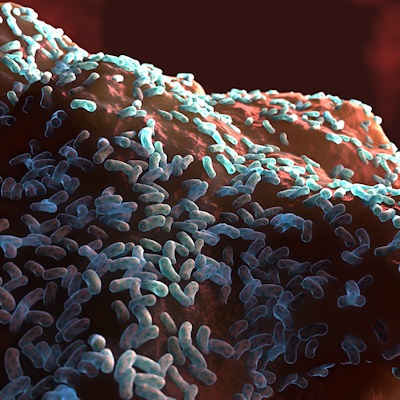 Stanford scientists create synthetic microbiome
Stanford scientists create synthetic microbiome
September 8, 2022 -- Stanford University researchers built a complex and well-defined synthetic microbiome with 100 bacterial species that they successfully transplanted into mice. The creation of the synthetic microbiome means the scientists will be able to add, remove, and edit individual species so they may better comprehend the links between gut microbiome and health. Read More
 Landmark study sequences most childhood cancer samples from single cancer type ever
Landmark study sequences most childhood cancer samples from single cancer type ever
September 2, 2022 -- Scientists from St. Jude Children’s Research Hospital have created a roadmap of the genetic mutations present in the most common childhood cancer, acute lymphoblastic leukemia, claiming they have sequenced the most childhood cancer samples from a single cancer type ever. Read More
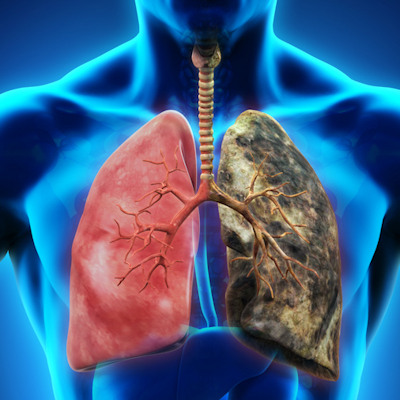 Protein RAF1 structure revealed, opens door to new lung cancer drugs
Protein RAF1 structure revealed, opens door to new lung cancer drugs
September 2, 2022 -- Using cryo-electron microscopy, researchers at the Spanish National Cancer Research Center (CNIO) and the University of Copenhagen have determined the structure of the RAF1 protein, a therapeutic target against cancers associated with KRAS oncogenes that when mutated have the potential to cause normal cells to become cancerous. Read More
 NIH implants 1st U.S. patient with stem cells to treat AMD
NIH implants 1st U.S. patient with stem cells to treat AMD
September 1, 2022 -- A National Institutes of Health (NIH) surgical team implanted the first U.S. patient with a patch of tissue made from stem cells to treat advanced “dry” age-related macular degeneration (AMD). Read More
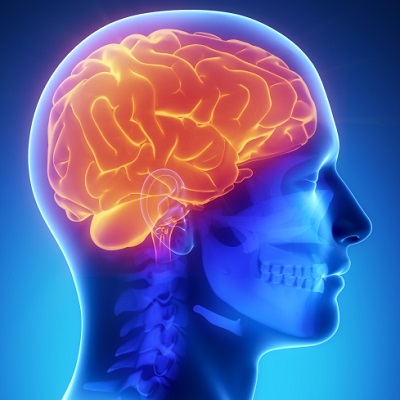 Mice study points to glia cells as potential therapy target for Huntington’s disease
Mice study points to glia cells as potential therapy target for Huntington’s disease
August 31, 2022 -- A mice study by University of Rochester Medical Center researchers has reinforced the potential of targeting glia cells -- important support cells found in the brain -- for the treatment of Huntington’s disease, and possibly outright replacement. Read More
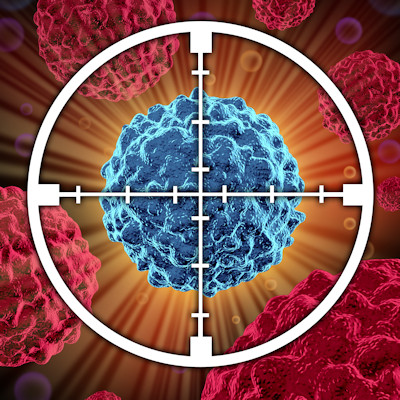 Cell culture, mouse studies offer potential new targets for cancer treatments
Cell culture, mouse studies offer potential new targets for cancer treatments
August 30, 2022 -- University of Gothenburg scientists have identified a previously unknown mechanism controlling tumor growth in cultured cells and mice, potentially enabling future development of new drugs targeted at a range of cancers. Read More
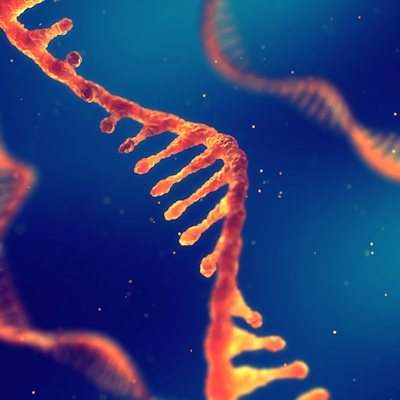 University of Chicago, Kansas awarded $1.2M to transform understanding of RNA splicing
University of Chicago, Kansas awarded $1.2M to transform understanding of RNA splicing
August 29, 2022 -- The W.M. Keck Foundation has awarded a $1.2 million grant to researchers at the University of Chicago and the University of Kansas to help identify human gene sequences that will respond to drug therapies. Read More
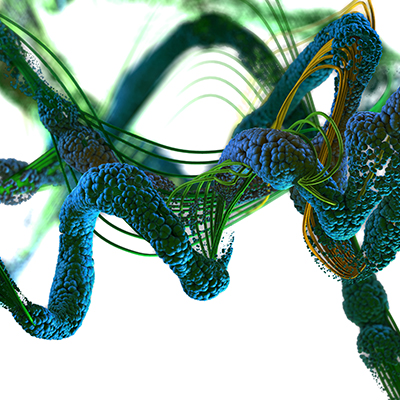 Proteins display structural plasticity: study
Proteins display structural plasticity: study
August 29, 2022 -- The plant protein ribulose-1,5-bisphosphate carboxylase-oxygenase (rubisco) is an enzyme that adopts multiple assemblies, according to new research from the Lawrence Berkeley National Lab in Berkeley, CA. However, the origins and distribution of its different oligomeric states remain mysterious. Read More
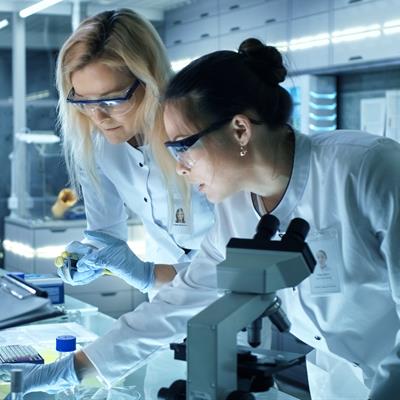 Study finds mucins evolved from nonmucin proteins
Study finds mucins evolved from nonmucin proteins
August 29, 2022 -- Scientists have discovered 15 instances in which new mucins appear to have evolved through an additive process that transformed a nonmucin protein into a mucin. Read More
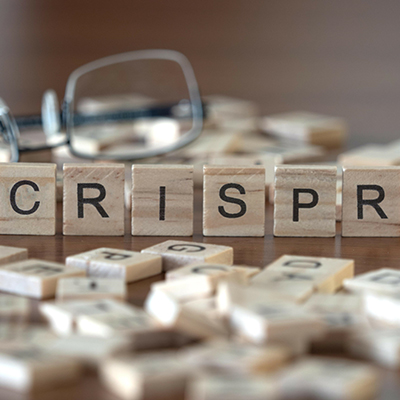 Researchers use cryo-EM to reveal mechanism behind new CRISPR tool
Researchers use cryo-EM to reveal mechanism behind new CRISPR tool
August 26, 2022 -- Using cryo-electron microscopy (cryo-EM), researchers from Cornell University and Delft University of Technology in the Netherlands have revealed the workings of a newly discovered CRISPR RNA-guided Caspase system. Read More
Conferences
Member Rewards
Earn points for contributing to market research. Redeem your points for merchandise, travel, or even to help your favorite charity.
Research Topics
Interact with an engaged, global community of your peers who come together to discuss their work and opportunities.
Connect
Tweets by @ScienceBoard



